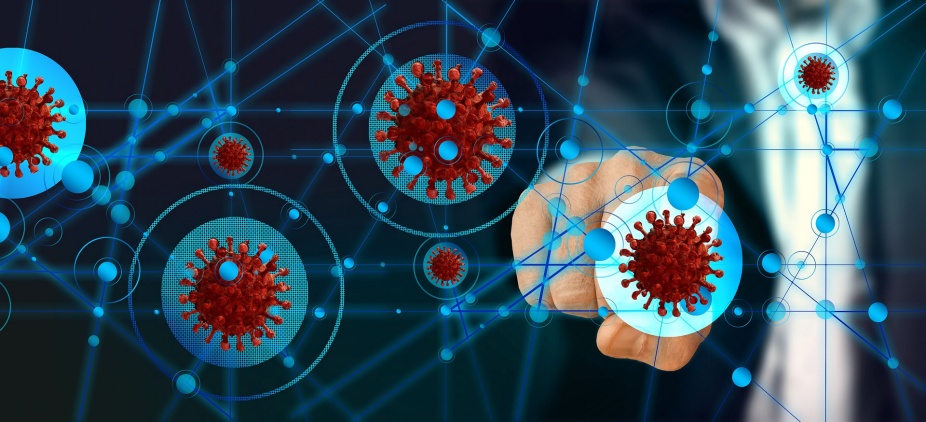
Do you have long COVID? Sign up and you can help researchers learn about long COVID’s impact in our community.
The Long COVID Connection provides those with long COVID access to:
- monthly informational newsletters
- additional long COVID research opportunities
- educational opportunities
- long COVID opportunities within the WNY community
We aim to help individuals who have had long COVID. By signing up, you will help us:
- evaluate the long COVID problem in Western New York
- provide education to the community
- identify volunteers to participate in studies
Long COVID affects about a third of the 80 million Americans who have been infected with coronavirus.
Long COVID is a condition that is uncertain. There is no test for long COVID, and an accurate number of people affected does not exist.
There are more than 23 symptoms noted, the most common symptoms are:
- chronic fatigue
- shortness of breath
- brain fog
- confusion
- memory loss
- heart rhythm irregularities
It is estimated that 100,000 people in our region have long COVID, with about 25,000 living in the City of Buffalo.
Registry data helps researchers gain a better understanding about long COVID. With this knowledge, they can help design research and treatment options.
We are developing a bank of collected biological samples from individuals with long COVID. Samples will be made available to researchers to understand the disease and develop innovative therapies.
We hope to provide seed money to explore innovative treatments, as well as get more funding.
The University at Buffalo has created a questionnaire to help us understand experiences of people who have been infected with COVID-19. We are trying to learn of the many experiences and health problems that occur after COVID-19 infection in Western New York.
The registry gives you an opportunity to share your story, symptoms and experience with COVID-19 and long COVID.
Researchers are still learning about long COVID, its true definition and what recovery looks like. You can help them by completing the questionnaire.
The questionnaire was developed in collaboration with:
Some good news: studies show that keeping up with vaccines may reduce the chances of developing long COVID.
Yes. The Long COVID Connection, including the questionnaire, is open to all adults who have been infected with COVID-19 virus. You must be 18 years of age or older and live in the 8 counties of Western New York.
Completing the questionnaire allows us to understand the health problems and symptoms experienced after COVID-19 infection. If you complete it, we will gather data about you. We will combine your data with data from other people who join.
There are minimal risks for your participation in this study. Completion of the questionnaires should have very low risk. The main risk is loss of confidentiality in the case of a data breach. We believe this chance of this is very small, if not zero.
We cannot promise any benefits to you or others from your taking part in this research because the registry is not a medical treatment study. It is a research program. However, you may indirectly benefit from taking part in this study. For example, we will share some of the summary findings of completed questionnaires with you and we may provide you with information about new scientific discoveries about COVID-19 related health issues. Based on your answers and history, you may have the option to learn about additional research opportunities you can join.
We will gather basic data and health data from you. Basic data includes contact information, like your name, address, email, and phone number. Health data includes questions about your COVID-19 experience, including symptoms and treatments. We will also ask you questions about your health and lifestyle both before and after you were infected with COVID-19 and about your vaccination history. All data will be kept confidential and none of the information that you provide will be shared outside of the research team. The information collected is kept with your name removed from the data to protect your confidentiality.
Participation in research is completely voluntary. Your alternative to participating in this research study is to not participate.
You can leave the research at any time, it will not be held against you. Taking part in the Long COVID Connection is voluntary. You can choose to join or not. No matter what you decide, now or in the future, it will not affect your medical care.
If you have questions, concerns, or complaints, or think the research has hurt you, talk to the research team at 716-382-1808. You may also contact the research participant advocate at 716-888-4845 or researchadvocate@buffalo.edu. This research has been reviewed and approved by an Institutional Review Board ("IRB"). An IRB is a committee that provides ethical and regulatory oversight of research that involves human subjects. You may talk to them at 716-888-4888 or email ub-irb@buffalo.edu.































